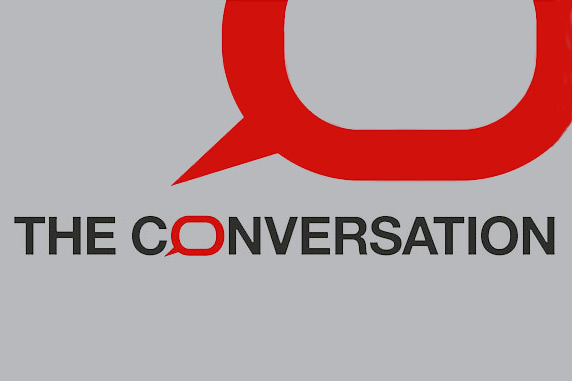Faculty: Learn how to write for ‘The Conversation’
RIT faculty can craft their own media pitch with help from ‘The Conversation’ editor
RIT faculty can learn how to share their expertise, research and opinions with the world during workshops with The Conversation, held Sept. 13 and 14.
Jeff Inglis, an editor for The Conversation–, will present an overview of the media outlet, how it works, who reads it and how to create a pitch and get involved. The talk is 9–10 a.m. Sept. 14 in Louise Slaughter Hall, room 2120.
Faculty can also learn how to get media interested in their story ideas at a separate Scholarship and Media workshop. This workshop, offered three times, will cover writing about your research for the general public. Attendees will leave the workshop with a story idea and outline that they can use to pitch their work.
Workshops will be held in Louise Slaughter Hall, room 2130, on:
- Thursday, Sept. 13, 3–4:30 p.m.
- Friday, Sept. 14, 10:30 a.m.–noon
- Friday, Sept. 14, 1:30–3 p.m.
For registration and to select your date and time, go to the Scholarship and the Media Workshop Selection website.
In 2018, RIT became a member and partner with The Conversation, an independent source for informed commentary and analysis, written by the academic and research community and edited by journalists for the general public. Access to independent, high quality, authenticated, explanatory journalism underpins a functioning democracy. Together, RIT and The Conversation aim to promote better understanding of current affairs and complex issues.
These events are co-sponsored by Faculty Career Development and University Communications. For more information on the events, go to wallacecenter.rit.edu/events/index.cfm?oneEvent=8498.
More on The Conversation
All articles are authored by scholars who write on their area of expertise. They work with professional editors to ensure that their knowledge is conveyed in language accessible to the widest possible audience. The Conversation mirrors universities in the topics and disciplines it covers, including social sciences and the humanities, science and technology, health, education and the environment. The outlet offers expert commentary on the big issues of the day, as well as the latest research news and breakthroughs. The Conversation has introduced new protocols and controls to help rebuild trust in journalism, including an Editorial Charter.
The Conversation also has a new partnership with The Associated Press, as well as republishing partners including The Washington Post, Time, PBS News Hour, Smithsonian and many more.
